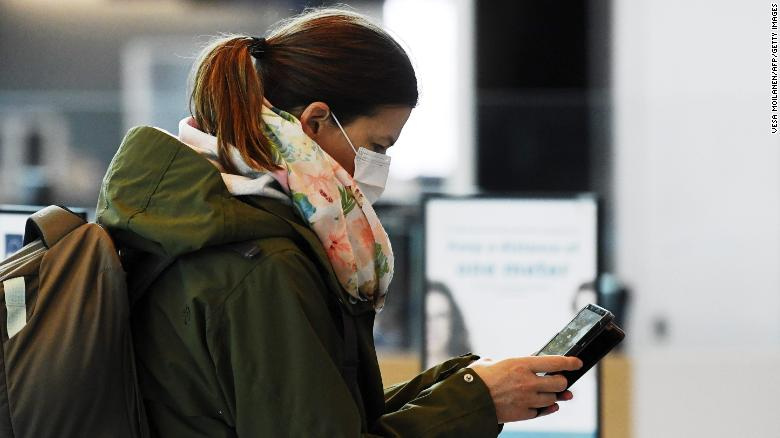In the upcoming 2024 U.S. presidential election, the influence of tech moguls like Elon Musk is a point of significant interest. Musk, with his vast following, has demonstrated an ability to sway public opinion through his business decisions, public statements, and presence on social media platforms like X (formerly Twitter). The effect Musk’s actions may have on the election—and candidates such as Donald Trump—is worth examining as he becomes a key player in the larger landscape of digital influence. Elon Musk and Digital Influence in Politics A Shift in Public Influence Musk’s reach extends beyond business; he is now a major influencer in political spheres. By acquiring X, Musk gained direct access to one of the most influential social media platforms in the world, where he regularly engages with a diverse audience. His unpredictable political stances and commentary resonate with millions, and his platform decisions have the potential to shape public opinion. Musk’s Public Poli...
- Get link
- X
- Other Apps

Comments
Post a Comment